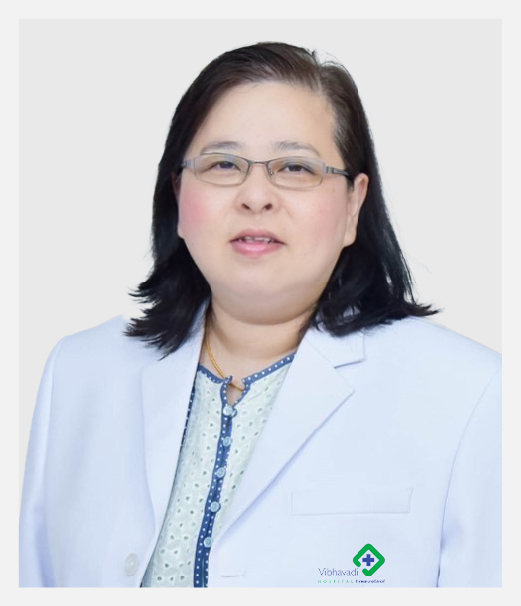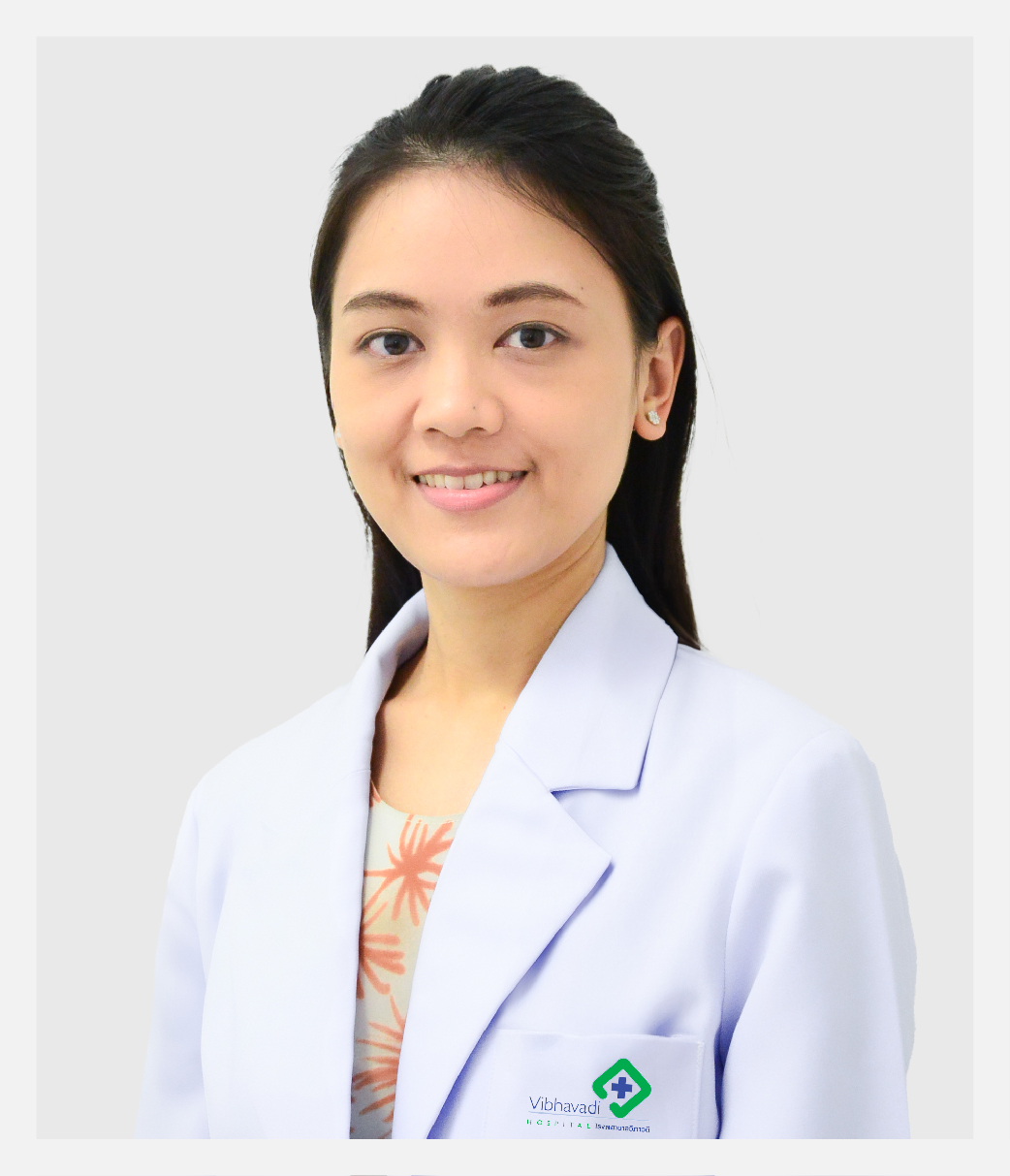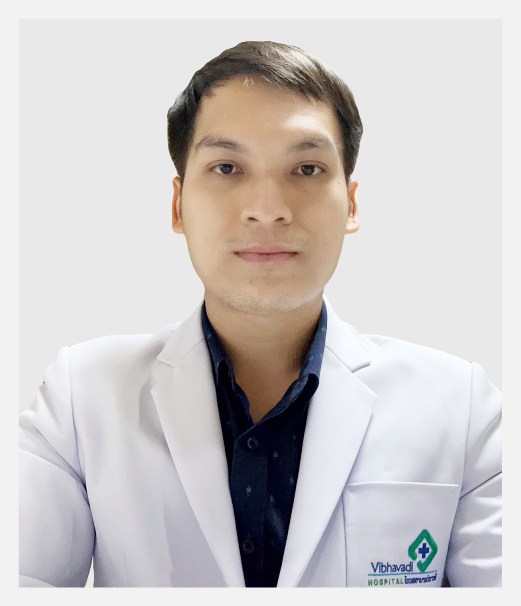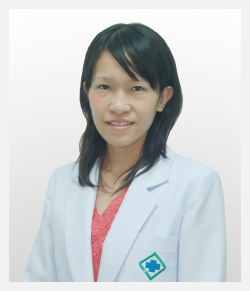Chronic Obstructive Pulmonary Disease (COPD) – Emphysema
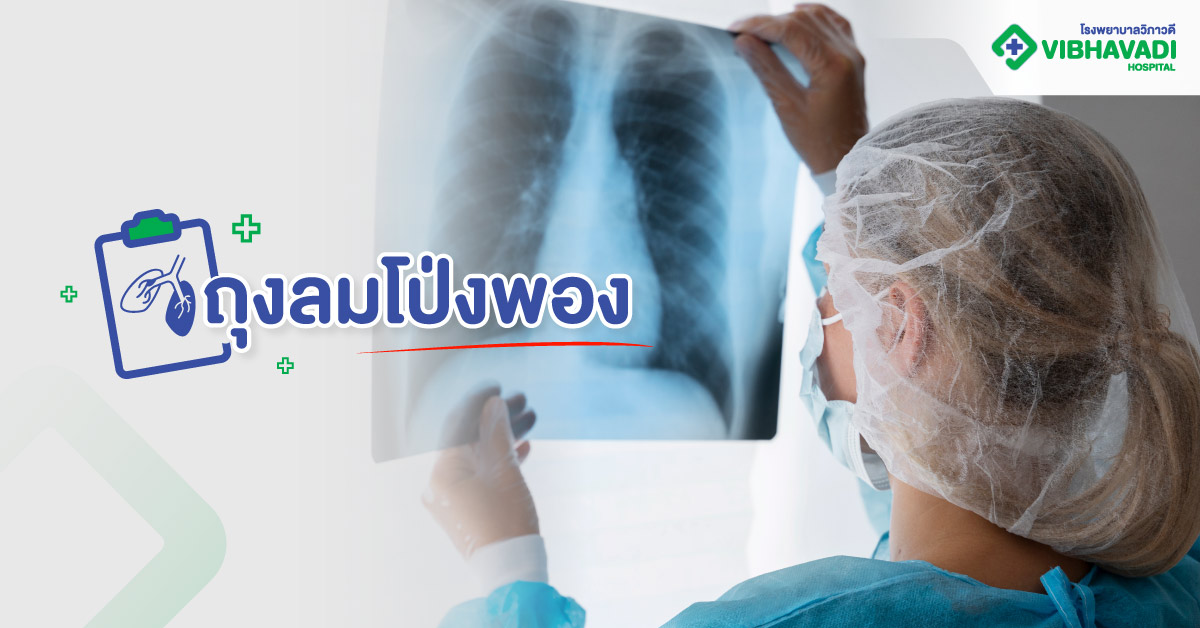
Understanding Emphysema (COPD)
Chronic Obstructive Pulmonary Disease (COPD) is a progressive lung condition that includes emphysema and chronic bronchitis, both of which obstruct airflow in the lungs. Emphysema involves the gradual destruction of the air sacs (alveoli), leading to difficulty in breathing and reduced oxygen exchange.
This disease is not curable, but with the right treatment and lifestyle changes, symptoms can be managed effectively, helping patients maintain a good quality of life.
Causes and Risk Factors
Primary Causes of Emphysema
-
Smoking: The leading cause of COPD, responsible for up to 90% of cases.
-
Long-term exposure to pollutants: Including air pollution, chemical fumes, and dust.
-
Alpha-1 antitrypsin deficiency: A rare genetic disorder that can lead to early onset of emphysema.
Risk Groups
-
Individuals over age 40
-
Long-term smokers (including secondhand smoke exposure)
-
People with chronic respiratory infections
-
Workers exposed to industrial dusts or chemical vapors
Common Symptoms
-
Persistent shortness of breath (especially during activity)
-
Chronic cough with or without mucus
-
Wheezing
-
Fatigue and reduced exercise tolerance
-
Frequent respiratory infections
-
Chest tightness
If you notice any of these symptoms, especially if you have a smoking history, consult a physician for early screening.
Stages of Emphysema
COPD is categorized into four stages:
-
Mild (Stage I): Minor airflow limitation, chronic cough.
-
Moderate (Stage II): Increased symptoms, shortness of breath during activity.
-
Severe (Stage III): Greater breathing difficulty, exacerbations more frequent.
-
Very Severe (Stage IV): Dangerously limited airflow, high risk of complications and respiratory failure.
Diagnosis at Vibhavadi Hospital
At Vibhavadi Hospital, we provide advanced and accurate diagnostic tools to identify COPD and emphysema in their early stages.
Diagnostic Services
Pulmonary Function Tests (PFTs)
-
Measures how much air you can inhale and exhale, and how efficiently your lungs transfer oxygen.
Chest X-rays & CT Scans
-
Helps visualize lung damage, especially in the alveoli.
Arterial Blood Gas Test
-
Evaluates how well your lungs are delivering oxygen and removing carbon dioxide.
Alpha-1 Antitrypsin Blood Test
-
For identifying the genetic form of emphysema.
Treatment Options at Vibhavadi Hospital
Medication-Based Management
-
Bronchodilators: Relax the muscles around airways to ease breathing.
-
Inhaled corticosteroids: Reduce airway inflammation.
-
Phosphodiesterase-4 inhibitors: Reduce inflammation and relax airways.
-
Antibiotics: Used if infections are present.
Non-Pharmacologic Therapies
-
Oxygen therapy: For patients with low blood oxygen levels.
-
Pulmonary rehabilitation: A structured program combining exercise, education, and support.
Surgical Interventions
-
Lung volume reduction surgery: Removes damaged lung tissue to improve breathing efficiency.
-
Lung transplant: For end-stage cases where other treatments are not effective.
Lifestyle and Preventive Measures
-
Quitting smoking is the most effective way to slow disease progression.
-
Get vaccinated against influenza and pneumonia.
-
Avoid exposure to lung irritants like dust, fumes, and secondhand smoke.
-
Follow a doctor-recommended exercise program.
-
Maintain a healthy diet to prevent muscle loss and fatigue.
Our Respiratory Care Team
At Vibhavadi Hospital, your care is delivered by a multidisciplinary team, including:
-
Pulmonologists: Specialists in lung diseases.
-
Respiratory Therapists: Help with breathing exercises and equipment use.
-
Nutritionists: Ensure you maintain a healthy diet to support breathing.
-
Rehabilitation Specialists: Guide physical therapy and pulmonary rehab programs.
Insurance and Costs
We accept a wide range of insurance providers and offer transparent billing. Before starting treatment, you will receive a cost estimate and coverage breakdown. Patients can also access:
-
Social security benefits
-
Company health insurance
-
Self-pay with installment options
For questions about coverage or financial planning, please contact our patient service center.
Frequently Asked Questions (FAQ)
Q1: What is the difference between COPD and emphysema?
A: COPD is an umbrella term that includes emphysema and chronic bronchitis. Emphysema specifically refers to the destruction of air sacs in the lungs.
Q2: Can emphysema be cured?
A: No, it cannot be cured, but symptoms can be managed effectively with treatment and lifestyle changes.
Q3: How long can I live with emphysema?
A: Life expectancy varies depending on disease severity and how well it’s managed. Early diagnosis and treatment significantly improve outcomes.
Q4: Is it safe to exercise with COPD?
A: Yes, under medical supervision. Pulmonary rehabilitation includes safe exercises to strengthen respiratory muscles.
Q5: How is emphysema different from asthma?
A: While both involve breathing issues, asthma is usually reversible and triggered by allergens, whereas emphysema is caused by long-term damage and is progressive.
Testimonials
Proud to take care of you
